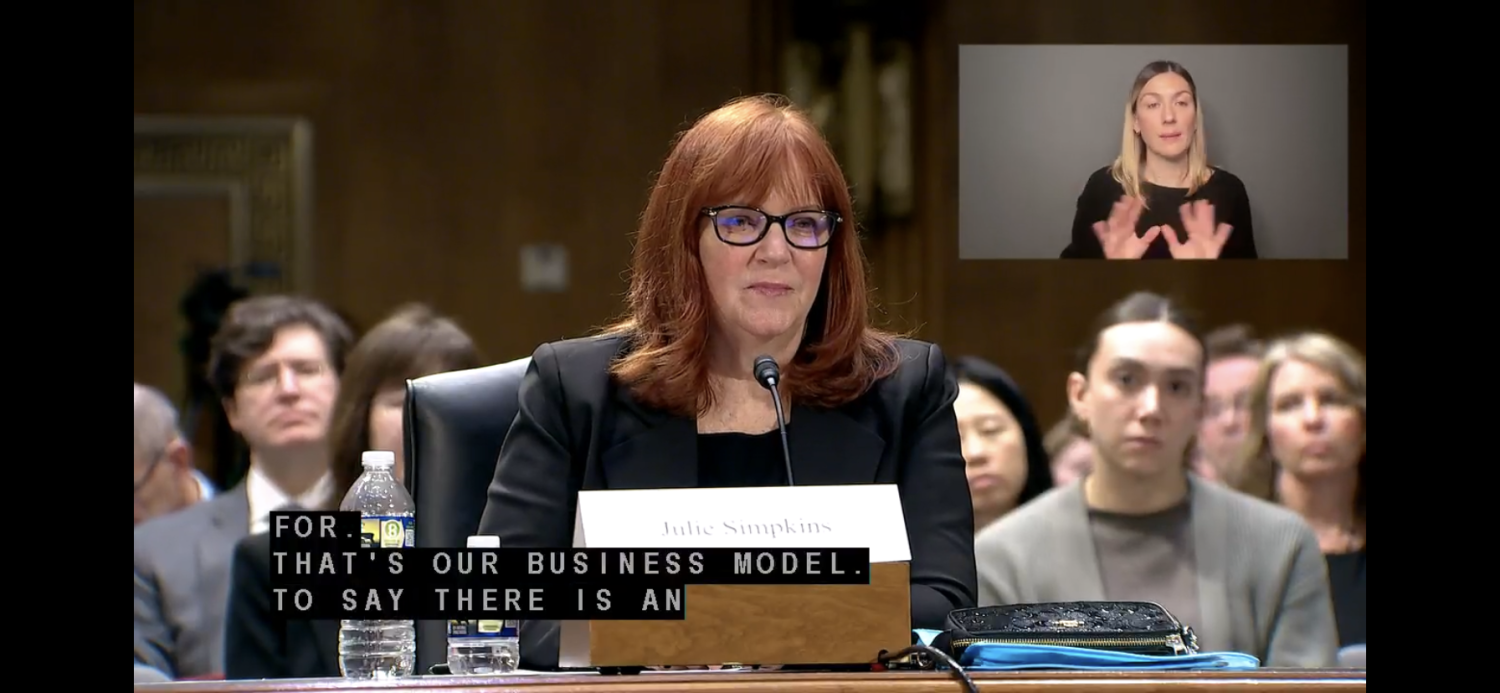By Rick Banas of BMA Management, Ltd.
I had the pleasure earlier during Alzheimer’s Disease Month to attend a wonderful educational program on “Understanding Memory Loss” conducted by Cindy Bradham at the affordable assisted living community that we manage in McLeansboro, Illinois.
Cindy is an Alzheimer’s Association Community Representative with Southeastern Illinois Counseling Centers, Inc. In her presentation at Heritage Woods of McLeansboro, she blended information about memory loss with touching stories about her experiences as caregiver for her mother who had suffered from Alzheimer’s disease.
Here is some of what caught my attention from her presentation and the handouts:
Three Key Points
- With Alzheimer’s disease, we are all unique; no two of us are alike. What we see one person going through does not mean everyone will experience the same thing.
- If you can remember that you forgot, you’re okay.
- Some memory loss is treatable and reversible.
- Simple Coping Skills for the Caregiver
- People with dementia do well with structure.
- Simplify tasks and give instructions one at a time.
- Focus on the person’s abilities not their disability.
- Don’t do things for them that they can do for themselves.
- Remember that sometimes medications do not do what they are supposed to do.
- Medication adjustments may be needed.
Ten Warning Signs
- Memory changes that disrupt daily life versus sometimes forgetting names or appointments and remembering them later.
- Challenges in planning or solving problems versus making occasional errors when doing things like balancing a checkbook.
- Difficulty completing familiar tasks at home, work or leisure such as driving to a familiar place or forgetting the rules of a favorite game versus occasionally needing help to use the settings on a microwave or to record a television show.
- Confusion with time or place such as losing track of the seasons and passages of time and forgetting where they are or how they got there versus getting confused about what day of the week it is and figuring it out later.
- Trouble understanding visual images and spatial relationships versus changes related to cataracts.
- New problems with words in speaking and writing such as trouble following or participating in a conversation versus sometimes having trouble finding the right word.
- Misplacing things and losing the ability to retrace steps such as putting things in unusual places and accusing others of stealing versus misplacing things from time to time such as a pair of glasses or the remote control.
- Decreased or poor judgment such using poor judgment when dealing with money and paying less attention to grooming or keeping themselves clean versus making a bad decision once in a while.
- Withdrawal from work or social activities versus sometimes feeling weary or work, family and social obligations.
- Changes in mood and personality such as becoming confused, suspicious, depressed, fearful, anxious or easily upset versus becoming irritable when routine has been disrupted.
- Myths about Alzheimer’s
- Memory loss is a natural part of aging.
- Alzheimer’s disease is not fatal.
- Only older people can get Alzheimer’s.
- Drinking out of aluminum cans or cooking in aluminum pots and pans can lead to Alzheimer’s disease.
- Aspartame causes memory loss.
- Flu shots increase the risk of Alzheimer’s disease.
- Silver dental fillings increase the risk of Alzheimer’s disease.
- There are treatments available to stop the progression of Alzheimer’s disease.
For more information, we invite you to watch the videos of Cindy Bradham’s presentation at Heritage Woods of McLeansboro. We also suggest you visit the Alzheimer’s Association website at www.alz.org or call toll-free 1-800-272-3900. Materials are available about the Ten Signs and Alzheimer’s Myths.
If you would like to watch “Memory Loss 101” by Cindy Bradham, please do so with the playlist below.
All affordable assisted living communities managed by BMA Management, Ltd. are certified and surveyed by the Illinois Department of Healthcare and Family Services. All assisted living communities are licensed and surveyed by the Illinois Department of Public Health.
“BMA Management, Ltd. is the leading provider of assisted living in Illinois
and one of the 20 largest providers of assisted living in the United States.”
What are your thoughts? Leave a comment and let us know.




